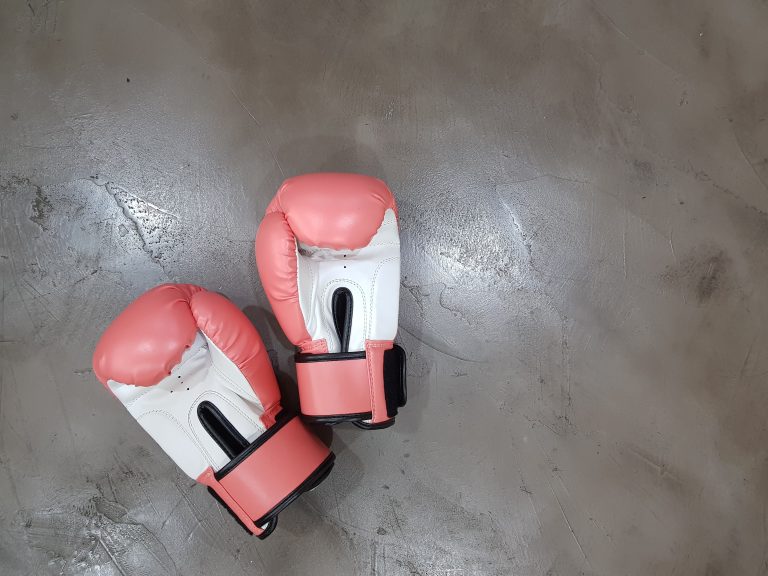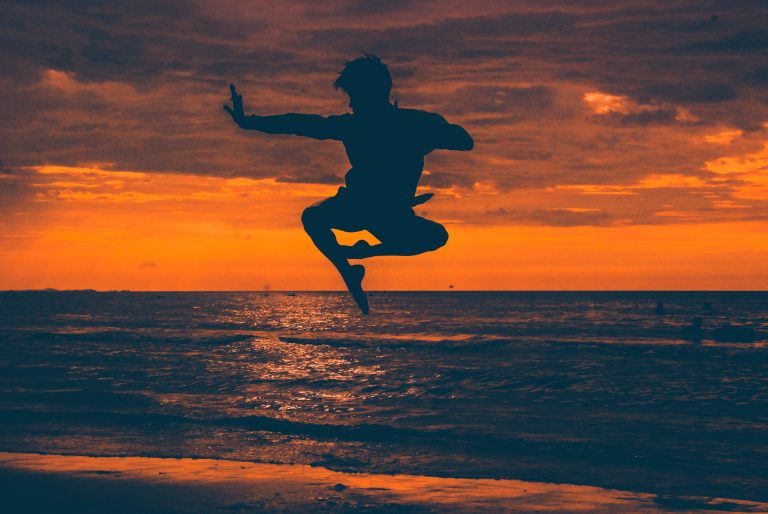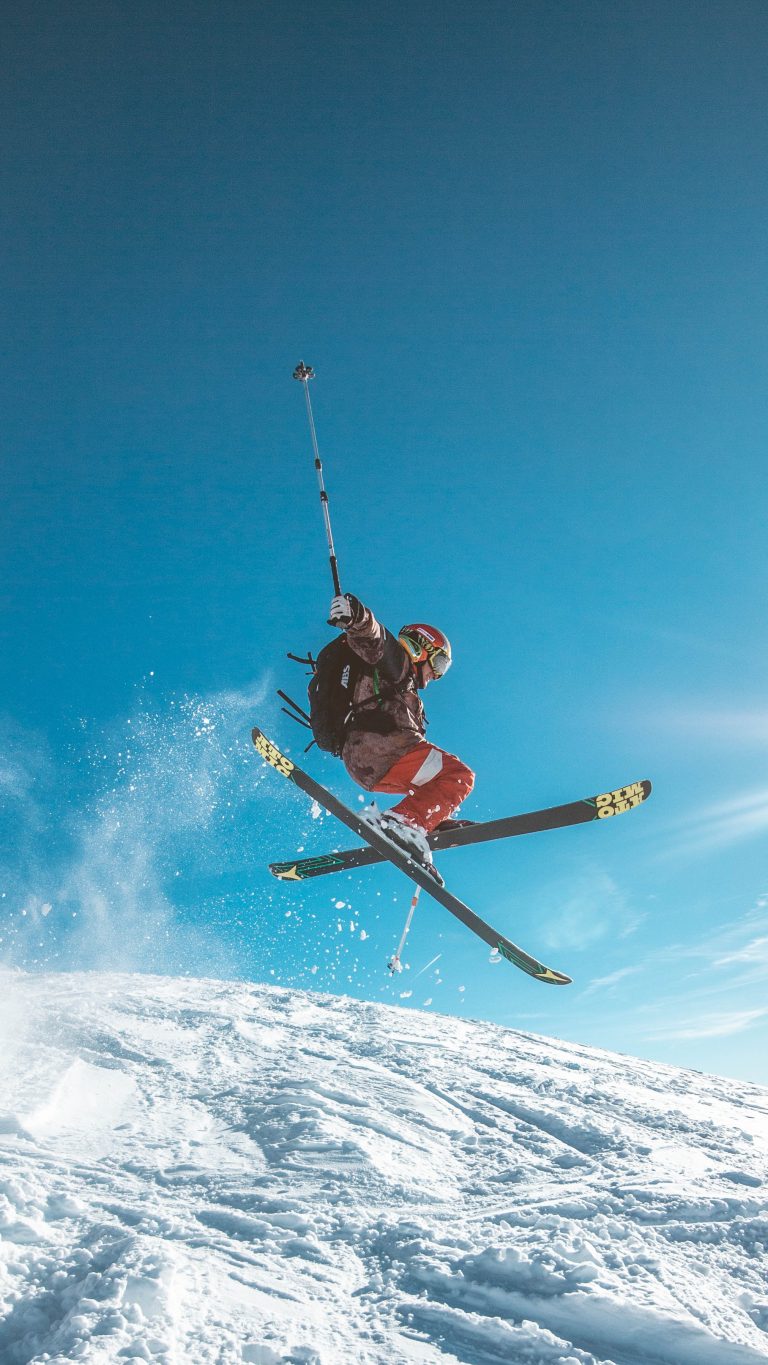Karate – An Introduction
Karate is a martial art that originated in Okinawa, Japan, during the 19th century. It involves using punches, kicks, knee strikes, elbow strikes, and open-hand techniques to defend against an opponent. The word “Karate” means “empty hand” in Japanese – referring to the fact that karate practitioners do not use weapons in combat.
History of Karate
The origin of karate can be traced back to Okinawa, an island in Japan that was once an independent kingdom. During the 19th century, Okinawa was under Japanese occupation and weapons were forbidden by the ruling class. This led to the development of empty-hand fighting techniques, which were later known as karate.
Over time, different styles of karate developed, each with its own unique set of techniques and training methods. Some of the more popular styles include Shotokan, Goju-ryu, and Wado-ryu.
The Benefits of Practicing Karate
Karate offers a range of physical and mental benefits for those who practice it regularly. Some of the benefits include:
- Improved physical fitness – Karate involves a lot of movements that can help to improve cardiovascular health, strength, and flexibility.
- Self-defense skills – Karate techniques can be used to defend against an attacker in real-life situations.
- Increased focus and discipline – Practicing karate requires a lot of concentration, which can help to improve focus and discipline.
- Stress relief – Engaging in physical activity such as karate can help to reduce stress levels.
Training and Techniques
Training in karate typically involves a combination of kata (pre-arranged movements), kumite (sparring), and basic technique practice. Students start by learning basic techniques such as punches, kicks, and blocks, and gradually progress to more advanced techniques as they gain experience.
Karate training also involves the development of discipline and respect for one’s self and others. Students are expected to show respect to their instructors and fellow students at all times.
Conclusion
Karate offers a range of physical and mental benefits for those who practice it regularly. It is a martial art that requires discipline, focus, and respect, and offers the opportunity to develop self-defense skills that can be used in real-life situations. Whether you are looking to improve your physical fitness, learn self-defense techniques, or simply relieve stress, karate is a great option to consider.
The Most Frequently Asked Questions About Karate – An Introduction
Karate is a martial art that originated in Okinawa, Japan. It has become increasingly popular worldwide due to its self-defense techniques and benefits for physical and mental health. If you’re new to karate or considering taking it up, you might have some questions. Here are some of the most frequently asked questions about karate.
1. What is Karate?
Karate is a martial art that focuses on using the body’s natural weapons to defend oneself. It involves striking, kicking, and blocking techniques, as well as throws and joint locks. Karate teaches discipline, focus, and respect while providing a rigorous workout that improves fitness and overall health.
2. What Are the Benefits of Practicing Karate?
The benefits of practicing karate are numerous. It improves physical fitness, flexibility, coordination, and strength. Karate also develops self-discipline, focus, and confidence, which can transfer to other areas of life. It can reduce stress and anxiety through meditation and breathing exercises. Moreover, karate can improve self-defense skills, making you feel safer and more capable in real-life situations.
3. Is Karate Suitable for Everyone?
Karate is suitable for people of all ages and abilities. It can be adapted to suit individual needs, making it an inclusive activity. However, it is essential to consult a doctor and inform your instructor of any medical conditions or injuries. Your instructor can modify exercises or techniques to accommodate your needs and ensure your safety.
4. How Long Does It Take to Learn Karate?
The time it takes to learn karate depends on several factors, such as your natural abilities, the number of hours you practice, and your level of dedication. However, it typically takes several years to attain a black belt, which is the highest level of achievement. But don’t let that discourage you from starting. You can experience the benefits of karate from the very beginning and see improvements in your skills with regular practice.
5. What Should I Wear to Karate Class?
Most karate classes require a traditional uniform called a gi. The gi consists of loose-fitting white pants and a jacket with a belt that denotes rank. It is essential to wear comfortable clothing that allows freedom of movement and doesn’t restrict your techniques. Some beginners may prefer to wear sweatpants and a t-shirt until they purchase a gi.
6. What Can I Expect From My First Karate Class?
Your first karate class will likely involve an introduction to the basics, such as proper stance, punches, and kicks. You’ll also learn about the dojo’s rules and culture, including respect and discipline. Don’t worry about feeling overwhelmed or intimidated. Your instructor and fellow classmates will be there to guide you and answer any questions you have.
7. How Can I Choose the Right Karate School?
Choosing the right karate school is essential for your learning, safety, and enjoyment. It’s important to research different schools in your area and read reviews or talk to students who attend. Look for a school with experienced and qualified instructors who prioritize safety and respect. The school’s atmosphere should be welcoming and inclusive, and the students should be supportive of each other’s progress.
8. Is Karate Competitive?
Karate can be competitive, but competition isn’t the focus for all practitioners. Some individuals practice karate solely for self-defense, fitness, or personal growth. However, if you’re interested in competing, there are several options, such as tournaments or sparring matches, depending on your level and goals.
9. What Equipment Do I Need for Karate?
When starting karate, you won’t require much equipment. A uniform or appropriate clothing and shoes are necessary. As you progress, additional equipment like gloves, shin guards, or mouthguards may be required for sparring or competition. It’s best to consult with your instructor about what equipment you’ll eventually need.
10. Is Karate Expensive?
The cost of karate classes varies depending on the school and location. It’s essential to research different options and compare prices. Some schools offer trial lessons or introductory rates. Keep in mind that investing in your physical and mental health through karate is worthwhile and can save you money in the long run by preventing health issues.
In Conclusion
Karate offers many benefits for individuals of all ages and abilities. It teaches self-defense, discipline, and respect while improving physical fitness and mental health. If you’re considering learning karate, it’s important to ask questions and do research to ensure you find the right school and instructor for your needs. With dedication and practice, you can experience the rewarding journey of learning karate.
Inhaltsverzeichnis






